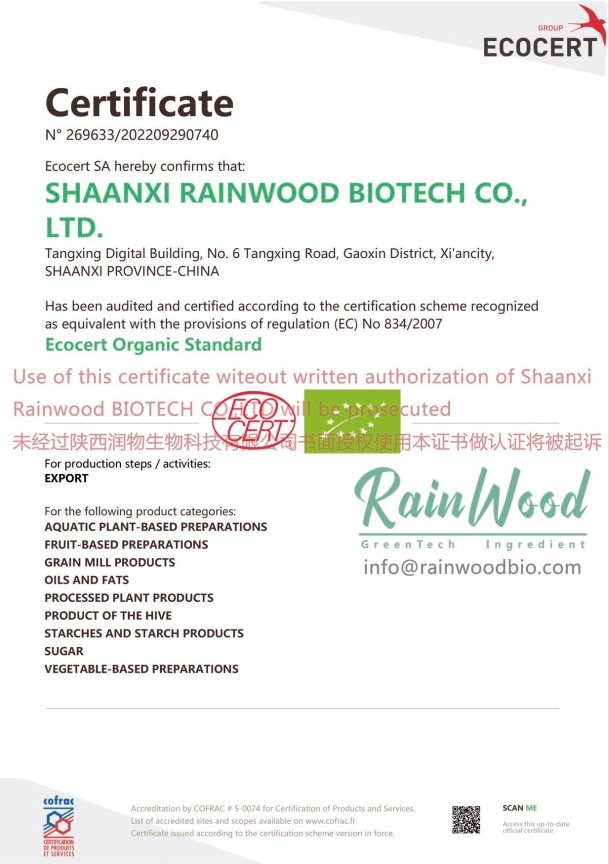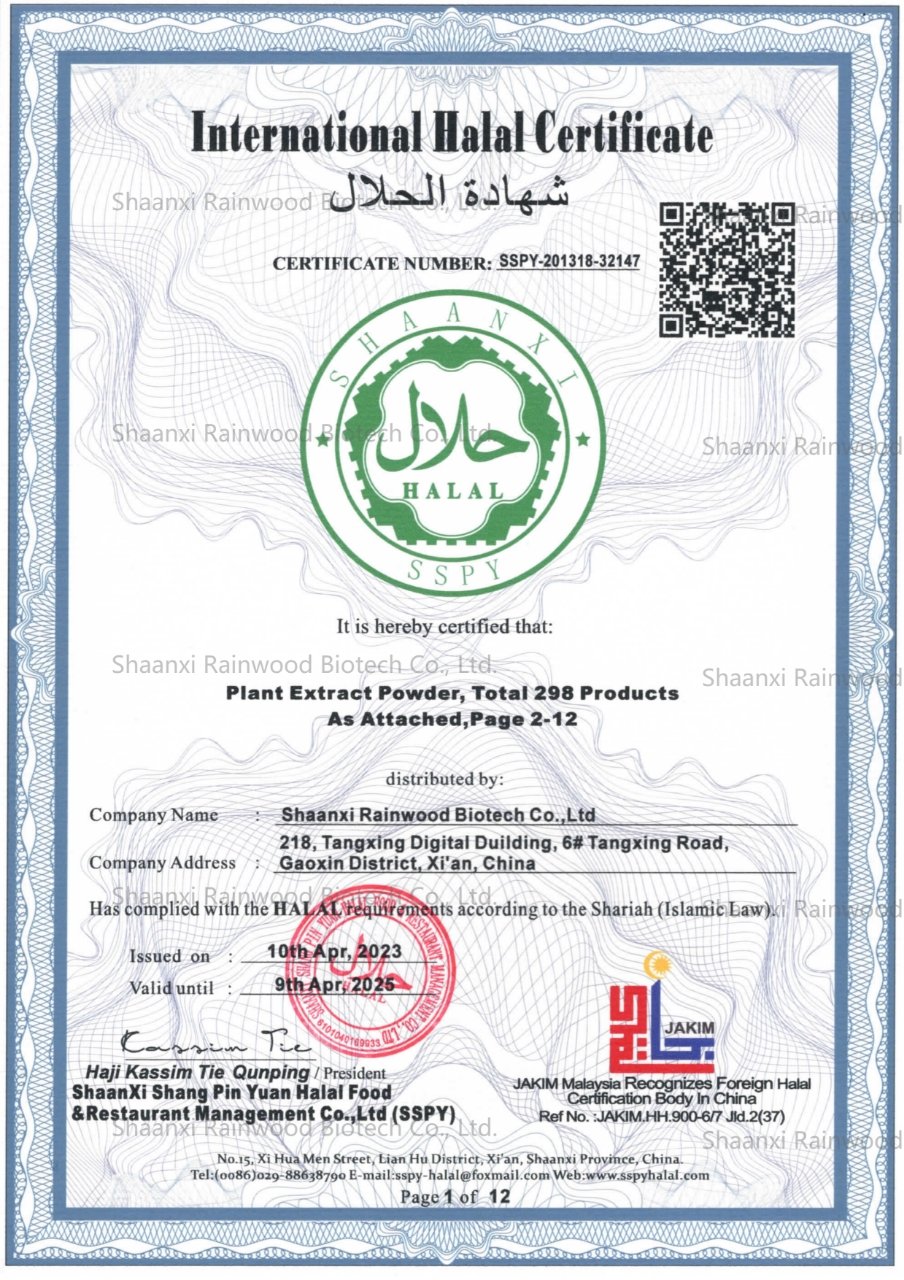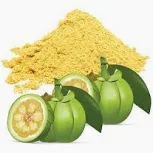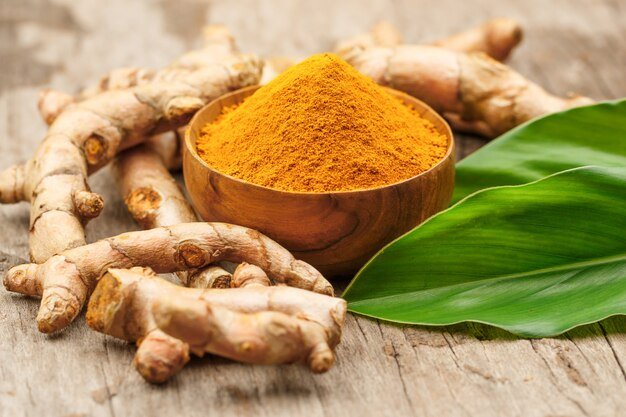
Sophora Japonica, commonly known as the pagoda tree or locust tree, is a flowering plant native to East Asia, deeply rooted in traditional medicine practices for centuries. Its extracts, enriched with flavonoids, notably rutin and quercetin, have become a subject of modern research, unveiling a spectrum of potential benefits.
- Antioxidant Powerhouse:
- Rich in Flavonoids: The high flavonoid content, particularly rutin and quercetin, positions Sophora Japonica extract as a potent antioxidant. These compounds exhibit prowess in scavenging and neutralizing free radicals, the culprits behind cellular damage and oxidative stress.
- Free Radical Neutralization: By effectively neutralizing free radicals generated through cellular metabolism or external factors like pollution and UV radiation, Sophora Japonica extract safeguards cells from oxidative harm.
- Anti-Inflammatory Marvel:
- Alleviating Inflammation: Studies affirm the anti-inflammatory properties within Sophora Japonica extract. These compounds play a role in reducing inflammation associated with chronic diseases such as heart disease, arthritis, and certain cancers.
- Indirect Antioxidant Enhancement: Beyond direct antioxidant activity, the extract’s anti-inflammatory effects indirectly amplify its antioxidant capabilities. This is crucial as chronic inflammation contributes to oxidative stress, and by mitigating inflammation, the extract enhances its protective role.
- Cardiovascular Support:
- Flavonoid Benefits: The flavonoids within Sophora Japonica extract extend potential cardiovascular benefits. They may enhance blood flow, reduce blood clot formation, lower blood pressure, and fortify blood vessels, collectively promoting heart health.
- Oxidative Stress Reduction: Antioxidants in the extract contribute to minimizing oxidative stress in blood vessels, enhancing their function and reducing the risk of cardiovascular diseases.
- Antibacterial Efficacy:
- Broad-Spectrum Activity: Research underscores the broad-spectrum antibacterial activity of Sophora Japonica extract, inhibiting the growth of various bacteria, both Gram-positive and Gram-negative.
- Synergistic Effect: The extract exhibits a synergistic effect when combined with certain antibiotics, potentially enhancing their antibacterial efficacy. Notably, it shows promise against antibiotic-resistant bacteria, addressing a critical global health concern.
- Liver Protection:
- Hepatoprotective Potential: Sophora Japonica extract demonstrates potential hepatoprotective qualities, shielding the liver from damage caused by toxins, drugs, or alcohol. Its antioxidant and anti-inflammatory properties play a role in supporting overall liver health.
- Skin Health Booster:
- Antioxidant and Anti-Inflammatory Support: The bioactive compounds, including flavonoids, contribute to antioxidant and anti-inflammatory benefits for the skin. This protects against oxidative stress, reduces inflammation associated with skin conditions, and promotes a healthier complexion.
- Quercetin’s Anti-Aging Effects: Quercetin, found in Sophora Japonica extract, stimulates collagen synthesis, enhancing skin elasticity and reducing the appearance of wrinkles and fine lines.
- Anticancer Potential:
- Bioactive Compounds: Studies delve into the anticancer potential of Sophora Japonica extract, attributing its effects to antioxidant and anti-inflammatory actions, among other bioactive compounds.
- Inhibition of Cancer Cell Growth: Preliminary findings suggest that the extract may inhibit cancer cell growth and induce apoptosis in certain cancer cell types.
In conclusion, while Sophora Japonica extract holds promise across various health domains, thorough research is ongoing to unravel its mechanisms and potential applications fully. As with any supplement, consulting a healthcare professional is advisable, especially for individuals with existing medical conditions or those on medications. The multifaceted benefits of Sophora Japonica extract underscore its potential as a valuable natural resource in promoting overall health and well-being.



















